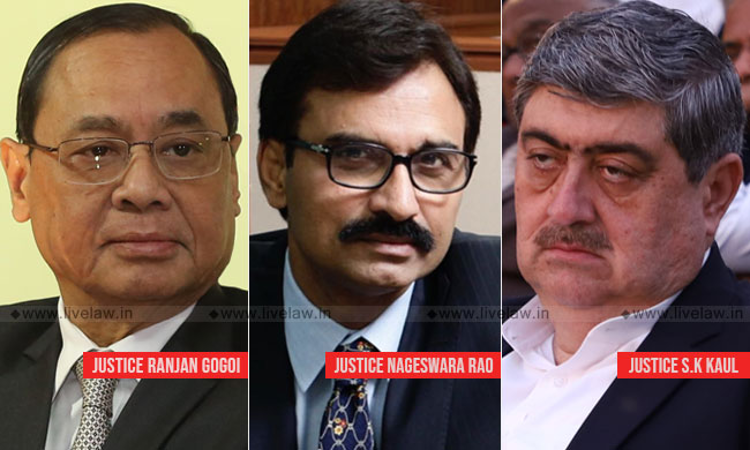Is Statement Recorded Under Section 67 NDPS Act A 'Confessional Statement'? SC Begins Hearing
Ashok Kini
15 Jan 2019 10:30 PM IST

Next Story
15 Jan 2019 10:30 PM IST
The Supreme Court has begun hearing an important case on the issue whether a statement recorded under Section 67 of the Narcotic Drugs and Psychotropic Substances Act, 1985, Act can in law be a confessional statement or not. The hearing of the reference in Tofan Singh vs. State of Tamil Nadu by the bench comprising of Chief Justice Ranjan Gogoi, Justice L. Nageswara Rao and...
